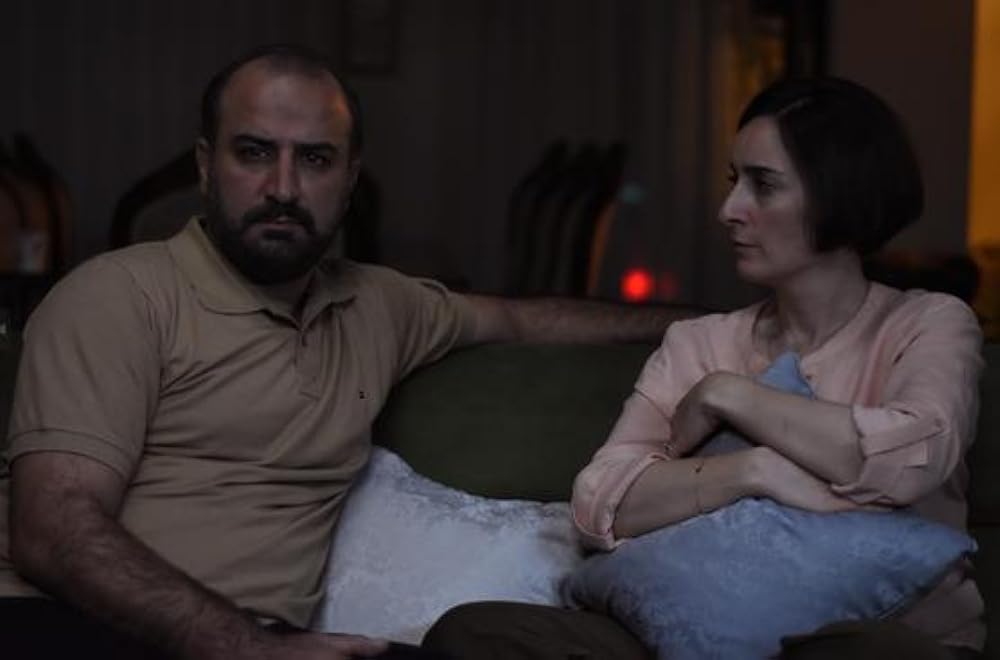
The Seed of the Sacred Fig (2024) — Movie Review
- May 26, 2024
Renowned for his politically charged dramas, Iranian filmmaker Mohammad Rasoulof's approach has never been more overt than in his latest film, "The Seed of the Sacred Fig". His unflinching presentation of Iran’s oppressive governance and suffocating religious autocracy are a major focal point in his work. Rasoulof, winner of the 2020 Berlin Golden Bear, has been persecuted by Iranian authorities for over a decade, resulting in imprisonment, travel restrictions, and an eight-year sentence in 2024 that ultimately led to his decision to flee Iran.
"The Seed of the Sacred Fig" explores the impact of Iran’s harsh legal system on the human psyche - a subject Rasoulof has a deep personal understanding of. The narrative focuses on an ordinary family’s struggle against the domineering judicial system. The family patriarch, Iman, is an investigating judge in Tehran’s bureaucratic hierarchy. The plot begins to unravel as Iman becomes more entrenched in the oppressive system - his growing detachment and loss of empathy hinting at a turn towards the very oppressors he once opposed.
In stark contrast to feel-good family dramas, "The Seed of the Sacred Fig" is a home invasion thriller where the enemy is not an external force but the very system imposing itself within the sanctity of their home. A pervasive sense of impending doom grows as Iman becomes more comfortable sending unknown felons to the gallows.

Rasoulof masterfully weaves in real-life documented brutality of the 2022 protests, depicting a graphic and horrifying reality that breaks into Iman's previously secure bourgeois world. As the story unfolds, viewers are given a brutal visual testimony of what the regime has inflicted upon its citizens, enforcing Rasoulof's critique of the theocracy.
As fiction and reality intertwine, the narrative emphasizes that the trauma experienced by Iman’s family is reflective of the terror experienced nationwide. The film depicts a parallel struggle of women against deeply-ingrained oppression, reflected in the younger generation’s fight against Iman’s turn towards oppression.
In a cinematic landscape renowned for its understated narratives, "The Seed of the Sacred Fig" deviates, unapologetically embodying true horror. Given Rasoulof's history as one of Iran's most outspoken critics and the continuous threat to his safety, the political horror underscoring his films does not seem likely to change in future endeavors.







